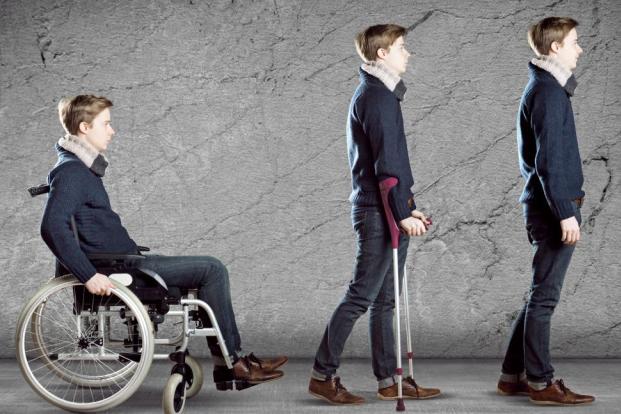How does polio cause paralysis?
Apr 19, 2022
Polio is a viral disease which may affect the spinal cord causing muscle weakness and paralysis. The polio virus enters the body through the mouth, basically from hands contaminated with the stool of an infected person. The extent of spinal paralysis based on the region of the cord affected, which may be cervical, thoracic and lumbar. The virus may affect muscles on both sides of the body, but more often the paralysis is asymmetrical. Any limb or combination of limbs may be affected one leg, one arm, or both legs and both arms. Although polio can cause paralysis and death, the most of people who are infected with the virus don’t get sick and aren’t aware they’ve been infected. Few people who create symptoms from the poliovirus contract a type of polio that doesn’t lead to paralysis abortive polio. They usually causes the same mild, flu-like signs and symptoms typical of other viral illnesses.

Nonparalytic polio
Signs and symptoms of Nonparalytic polio:-
- Fever
- Sore throat
- Headache
- Vomiting
- Fatigue
- Back pain
- Neck pain
- Pain in the arms or legs
- Muscle weakness or tenderness
This most serious form of the disease is rare. Initial signs and symptoms of paralytic polio,like as fever and headache, often mimic those of nonparalytic polio. Within a week, however, other signs and symptoms appear.
Signs and symptoms of Paralytic polio
- Loss of reflexes
- Severe muscle aches or weakness
- Loose and floppy limbs flaccid paralysis.
Polio mainly attacks children younger than 5. However anyone who hasn’t taken vaccinated is the highly risk of developing the disease.









